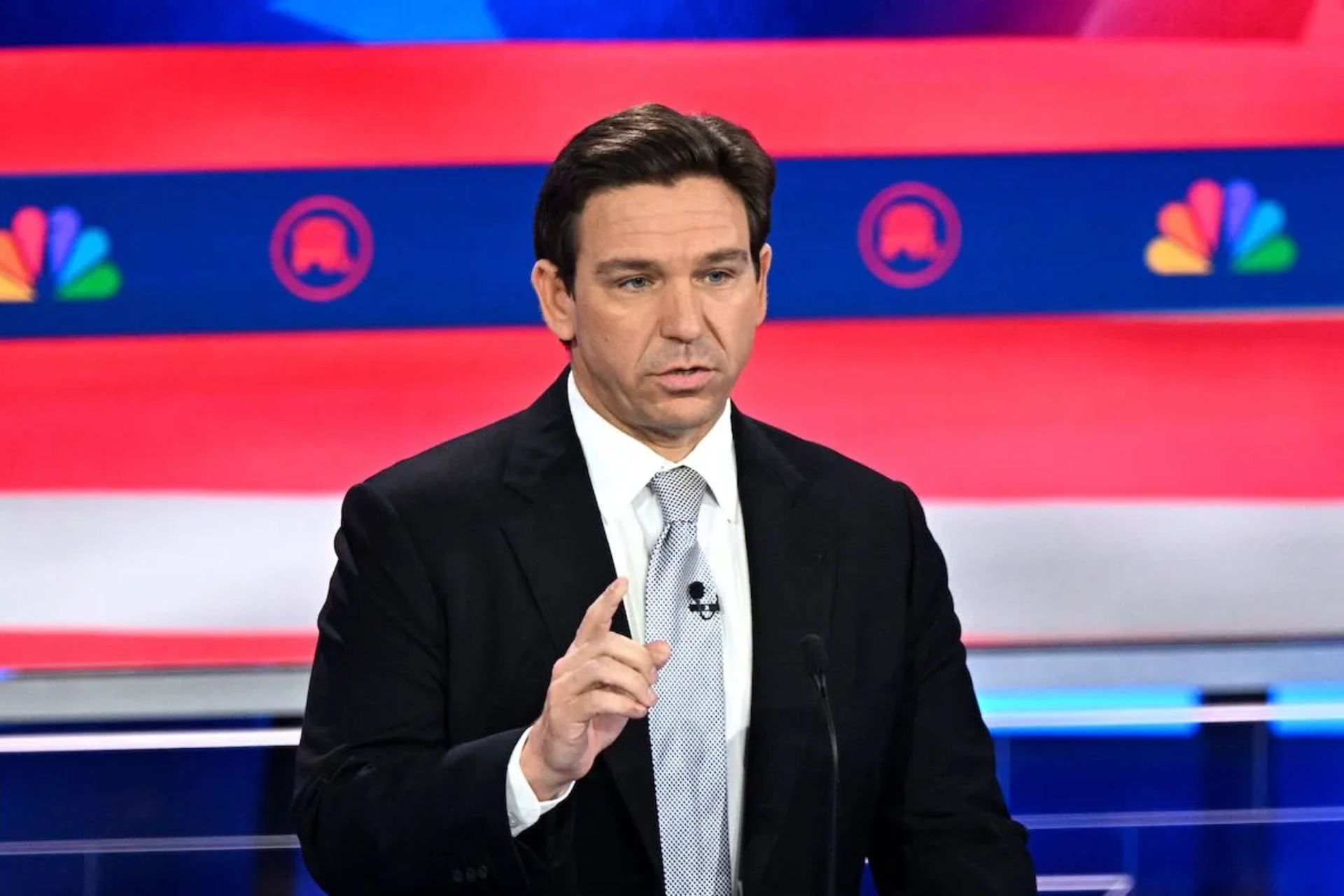
A.C.L.U. Challenges Florida Governor’s Move Against Campus Activist Group
The American Civil Liberties Union (A.C.L.U.) has taken legal action against Governor Ron DeSantis and Florida education officials, filing a federal lawsuit alleging a violation of the First Amendment. The lawsuit claims that the governor’s order to remove support for the Students for Justice in Palestine, a campus activist group, infringes on freedom of speech.
The directive targeted the group’s chapters at the University of Florida and the University of South Florida. Although the order has not been enforced, the A.C.L.U. argues that it has already had a “significant chill” effect on the University of Florida’s chapter, causing hesitation among its board and members when organizing and advocating for Palestine.
The lawsuit contends that the order to deactivate the Students for Justice in Palestine chapters is based on allegations against the national organization rather than the local chapters. Governor DeSantis, Ray Rodrigues (chancellor of the State University System of Florida), Ben Sasse (University of Florida’s president), and board members of the system and university are named as defendants in the lawsuit.
While a spokesman for the University of Florida refrained from commenting on the pending litigation, he previously stated that the university had not removed any student organizations. Jeremy T. Redfern, a spokesman for Governor DeSantis, defended the move, stating, “Groups that claim to be part of a foreign terrorist movement have no place on our university campuses.”
The lawsuit challenges the decision made by Florida officials to ban the Students for Justice in Palestine chapters following the Hamas attack in Israel. The directive, issued by Ray Rodrigues, aimed to deactivate the chapters, restricting their access to university space and funding based on the national organization’s alleged “support of terrorism.”
The lawsuit argues that the decision was not influenced by the actions or statements of the local chapters but was solely based on the national organization’s perceived stance. The national group had released a “Day of Resistance” toolkit, describing the Hamas attack as “the resistance” and asserting that Palestinian students in exile are part of the movement.
The legal action against the Students for Justice in Palestine is part of a broader crackdown, with pro-Israel groups urging university presidents to investigate their chapters. The Anti-Defamation League and the Brandeis Center wrote to nearly 200 university presidents, prompting some institutions like Brandeis University, Columbia, and George Washington University to suspend or no longer recognize their chapters.
While these actions sparked concerns about free expression, legal experts, including Jonathan Friedman from PEN America, emphasized that the Florida case represents a clear violation of the First Amendment. The lawsuit challenges the application of a Florida law that criminalizes providing material support to foreign terrorist organizations, arguing that rhetorical support does not qualify as material support.
At a Florida Board of Governors meeting, Ray Rodrigues acknowledged potential legal issues but stated that the board was seeking legal counsel. Rodrigues mentioned efforts to seek “affirmation” from Students for Justice in Palestine chapters that they reject violence, are not part of Hamas, and will follow the law. The A.C.L.U. deems these demands illegal, asserting that they violate the First Amendment by compelling speech from the student group.
